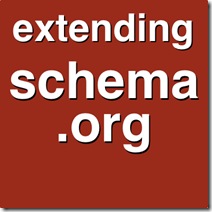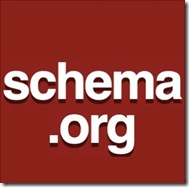
Evolving Schema.org in Practice Pt3: Choosing Where to Extend
OK. You have read the previous posts in this series. You have said to yourself I only wish that I could describe [insert you favourite issue here] in Schema.org. You are now inspired to do something about it, or get together with a community of colleagues to address the usefulness of Schema.org for your area of interest. Then comes the inevitable question: Where do I focus my efforts – the core vocabulary or a Hosted Extension or an External Extension?









